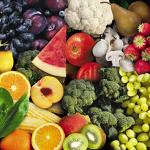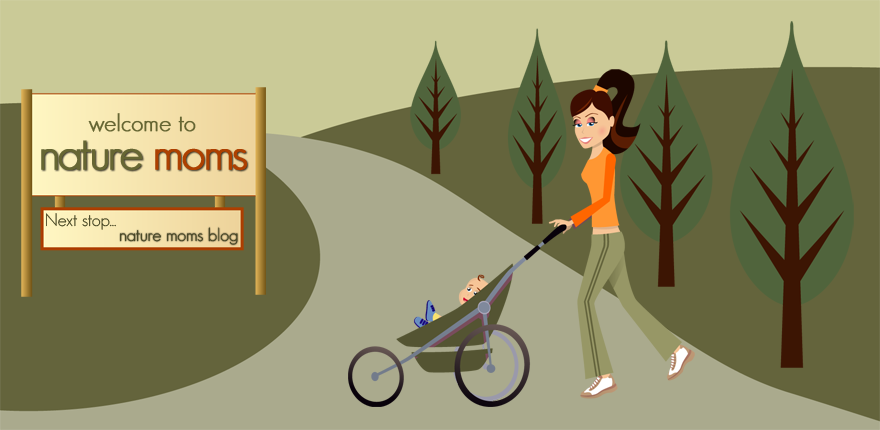Eating Organic Food for Planetary Benefit
 When most people hear the term “organic”, they think
of decreased chemical use. In reality, organic agricultural
production involves so much more than that. Organic agriculture is a
fairly strict form of sustainable agriculture; a way of producing
food products without harming the land. Its main goal is to work the
land without preventing future generations from being able to use it
as well. By buying organic products, you’re not only feeding your
family safer food and preventing hazardous chemicals from entering
the environment; you’re also protecting future generations.
When most people hear the term “organic”, they think
of decreased chemical use. In reality, organic agricultural
production involves so much more than that. Organic agriculture is a
fairly strict form of sustainable agriculture; a way of producing
food products without harming the land. Its main goal is to work the
land without preventing future generations from being able to use it
as well. By buying organic products, you’re not only feeding your
family safer food and preventing hazardous chemicals from entering
the environment; you’re also protecting future generations.
One
goal of sustainable agriculture is to conserve natural resources
such as water. Water is conserved by growing plants that are
suitable to the local environment. Instead of irrigating dry areas,
sustainable farmers simply grow crops more suited to a dry
environment. Many traditional farmers choose to irrigate because
crops that require more water tend to sell for a higher value.
Sustainable producers also conserve water by taking measures to
prevent runoff. This keeps the water where it falls and where gets
the most use.
Along with water, organic producers also take measures to conserve
soil. This may seem silly because dirt is everywhere, but when crops
are taken care of properly, the soil is their means of life. It
contains beneficial organisms and nutrients, and has the correct
conditions for good growth. When the ground is overworked or
overgrazed by cattle, the soil washes away, and chemicals must be
used to make it right again. The soil that washes away also ends up
in lakes, rivers, water supplies, and other areas where it can be
more of a problem than a benefit.
Organic farmers also conserve energy by using less
fossil fuels. This also cuts down on environmental pollution. As I
already said, these producers work the land less. Since traditional
farm equipment requires gasoline, using this equipment less means
cutting back on fossil fuel usage. Most organic producers also
choose to sell their products locally. This means that the products
don’t have to ship as far and even less fuel is consumed. If more
farmers took these steps, it could drastically cut down on the
amount of carbon pollution there is in the atmosphere.
When you see an organic farm, it is probably not a large sprawling
acreage. By buying organic products, you are supporting small family
farms instead of large faceless corporations. And while organic
products may cost more, they don’t include hidden and sometimes
immeasurable costs like cleaning up chemical pollutants. This
promotes an honest economy.
Conventional farming is non-sustainable. By definition this means we
can’t keep doing it forever. Eventually we will destroy the soil
quality, use up all the water supplies, or do something else to halt
traditional farming. With the growing world population, more and
more food products will be needed in the near future. By using
organic agriculture, we are encouraging less advanced cultures to do
so as well, preventing further degradation of the environment.
While it may not seem like a lot, each person helps. By buying
organic products, and encouraging others to do so as well, you are
taking a small dent out of the problems traditional agriculture is
causing. You are also helping to send a message to traditional
producers that some of their methods are unethical and unacceptable.
** A Simple, Step-by-step System For Shopping, Cooking & Eating The
Worlds Healthiest Foods (all Natural, Organic Produce & Grass Fed
Meats). Gluten & Soy Free. Try the
Healthy Urban
Kitchen!
Books We Love!

